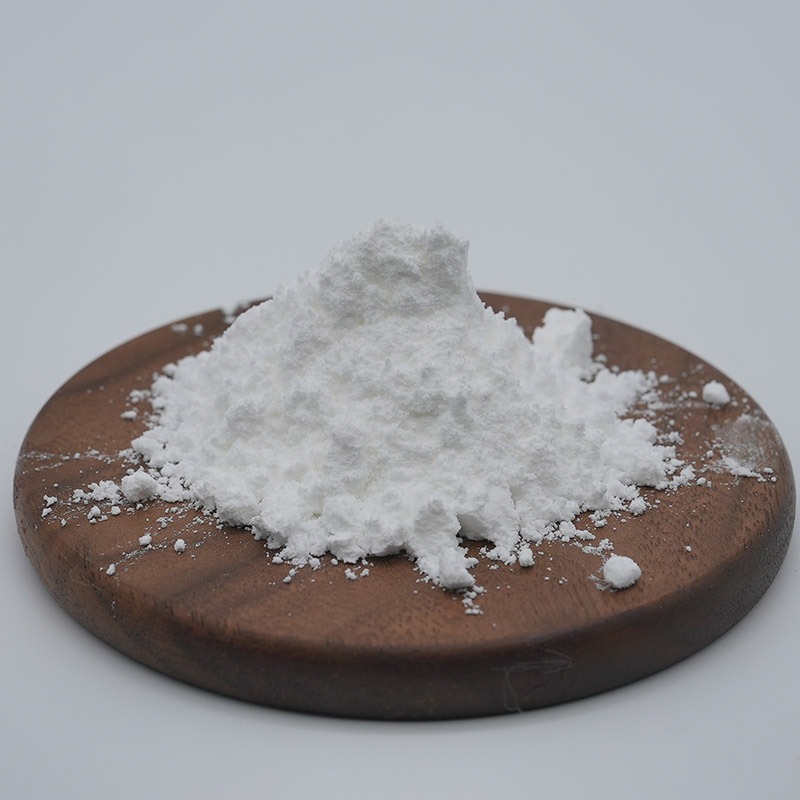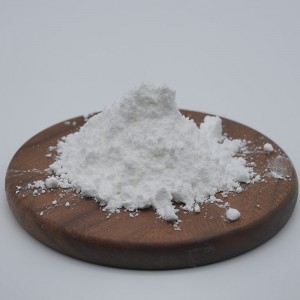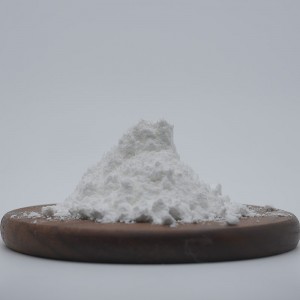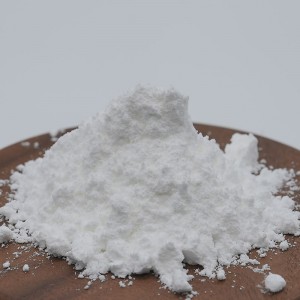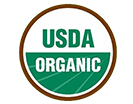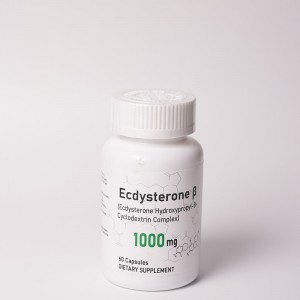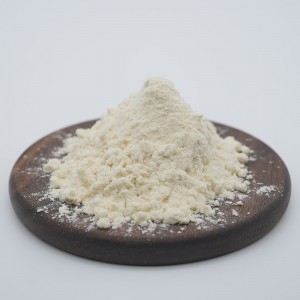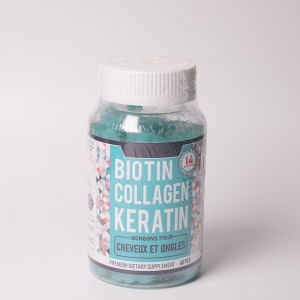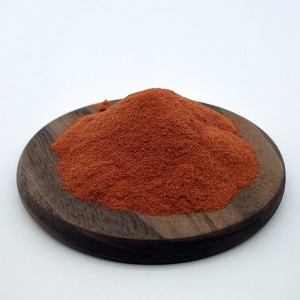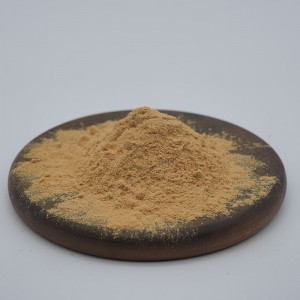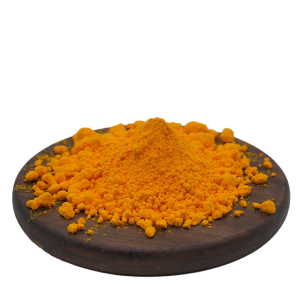
Products
Resveratrol 98%
Product Description
Resveratrol 98%, an organic compound of remarkable purity, has garnered significant attention for its multifaceted applications across a spectrum of industries. Derived from natural sources such as grapes (Vitis vinifera) and berries, this compound possesses a distinct chemical structure characterized by its incorporation of stilbene rings, which contribute to its unique properties and versatile utility.
With an impressive purity level of 98%, Resveratrol 98% stands as a testament to the refinement and quality assurance processes employed in its production. This high level of purity is a result of meticulous extraction and purification methods, ensuring that the compound meets rigorous standards for consistency and effectiveness in various applications.
While its therapeutic effects are well-documented, this discussion will focus on the myriad applications of Resveratrol 98% beyond its recognized health benefits. Its versatile nature has led to its integration into diverse industries, showcasing its potential as a valuable ingredient in various products.
In the realm of cosmetics and personal care, Resveratrol 98% has gained traction due to its antioxidant properties. Antioxidants are known for their ability to neutralize harmful free radicals, which contribute to premature aging and skin damage. By incorporating Resveratrol 98% into skincare formulations, manufacturers aim to offer products that provide protection against oxidative stress, contributing to healthier-looking skin. Additionally, its potential to support collagen production and maintain skin elasticity makes it a sought-after ingredient in anti-aging formulations.
The food and beverage industry has also embraced Resveratrol 98% as a natural preservative and enhancer. With its reported antimicrobial properties, Resveratrol 98% can potentially extend the shelf life of perishable products and inhibit the growth of spoilage microorganisms. This attribute is particularly appealing to producers of food and beverages aiming to provide consumers with safer and longer-lasting products without resorting to synthetic additives.
The agricultural sector has recognized the potential of Resveratrol 98% in promoting plant health and resilience. Studies suggest that Resveratrol 98% can act as a defense molecule, assisting plants in responding to stressors such as pathogens and environmental challenges. Incorporating Resveratrol 98% into agricultural practices could pave the way for more sustainable and environmentally friendly crop management strategies.
In the realm of materials science, Resveratrol 98% has intrigued researchers for its potential in functional materials. Its chemical structure and reactivity make it an attractive candidate for designing materials with tailored properties, such as improved mechanical strength or UV resistance. These materials could find applications in various industries, including textiles, packaging, and even electronics.
Resveratrol 98% also holds promise in the field of environmental remediation. Its reported ability to interact with pollutants and heavy metals in water sources raises the possibility of utilizing it for water purification purposes. By adsorbing or binding to contaminants, Resveratrol 98% could contribute to efforts aimed at mitigating water pollution and ensuring safer water supplies.
In conclusion, Resveratrol 98% emerges as a compound of substantial versatility and potential across industries. Its exceptional purity level, derived from meticulous extraction and refinement processes, underscores its suitability for a wide array of applications. From cosmetics to agriculture, its antioxidant and functional properties have sparked innovation and exploration, propelling Resveratrol 98% into the forefront of research and development endeavors worldwide.
Certificate of Analysis




